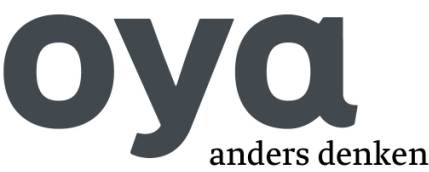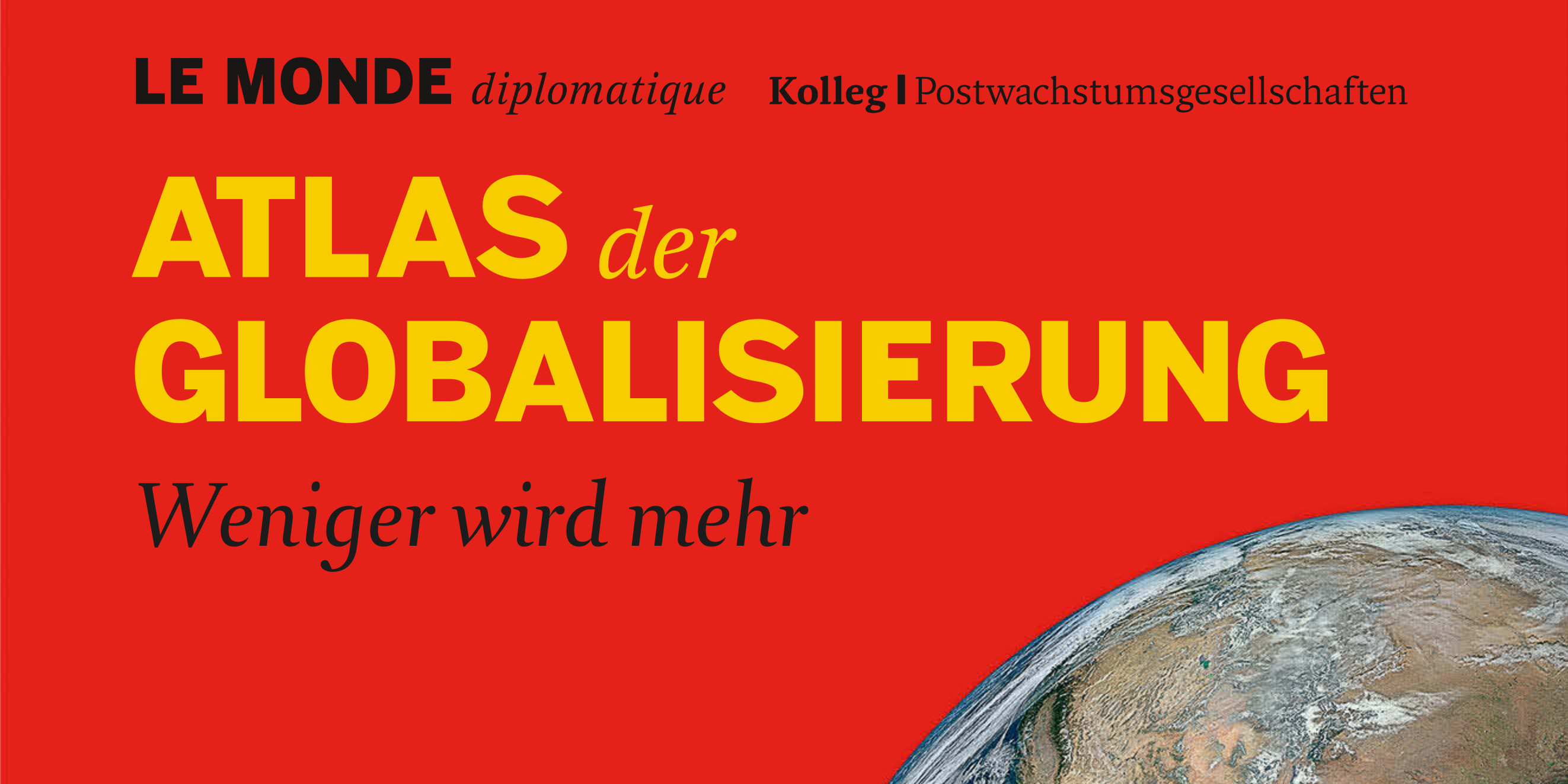We at Research & Degrowth are repeatedly being told that our framing won't work. That we are preaching to the choir by the way we frame our proposals, and that we will never convince the broader public. So, here are our policy proposals re-framed in the language of the U.S. elections.
Abolish all income tax on incomes lower than $50,000 dollars per year. Finance this tax break by establishing a sovereign carbon fund financed by charges to the oil, coal and natural gas industry and by a carbon fee on trade imports.
Make Friday a day off that we can dedicate to our families, friends and communities. Do not reduce salaries: same pay for four days of work. President Roosevelt did it during the Great Depression. This alone can create 10 million new jobs.
No bank should lend more than its deposits. Banks cannot be allowed to create money out of thin air, while all the rest of us have to work hard just to get by.
Each and everyone should have the freedom to choose how to live their lives free from illness, hunger or fear. Establish a permanent freedom income of $800 per month, for every American. Pay for the income like Alaska did with a sovereign carbon fund. If this is not enough, finance it with a sovereign capital fund, funded by a progressive fee on excessive capital.
Hard-working Americans should have the right to inhabit housing assets that are left unused for more than one year for the purpose of speculation.

Bioökonomie ist ein Thema, das bei vielen Degrowth-Aktivist_innen nur am Rande vorkommt und oft unterschätzt wird. Die aktuelle Oya beschreibt, wie tief die Bioökonomie in alle Lebensbereiche eingreift, warum dies gefährlich ist und wie Widerstand möglich ist. Neugierig? Mehr dazu hier

Von Christiane Kliemann Dass es mit dem Wirtschaftswachstum auf einem begrenzten Planeten nicht ewig so weitergehen kann, ist inzwischen vielen Menschen klar. Was jedoch alles damit zusammenhängt – sowohl mit dem Wachstum selbst als auch mit der Abkehr von demselben – ist oft nicht auf den ersten Blick ersichtlich. Unter dem Motto „weniger wird mehr“ gibt der „Postwachstumsatlas“ von Le Monde ...
Die Grenzen der Megamaschine von Kontext-TV Nach mehrjähriger Recherchearbeit hat Kontext-TV-Redakteur Fabian Scheidler sein Buch "Das Ende der Megamaschine. Geschichte einer scheiternden Zivilisation" vorgestellt. David Goeßmann sprach mit ihm über die Ursprünge des kapitalistischen Weltsystems, die ersten Aktiengesellschaften, die Zusammenhänge zwischen Geldökonomie und Krieg, über den...